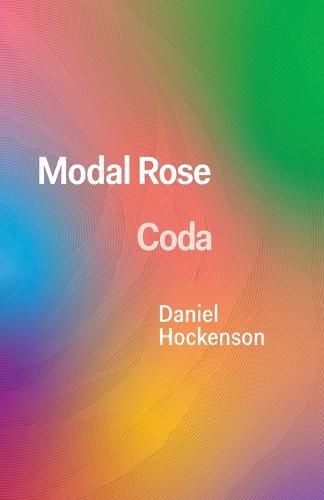Readings Newsletter
Become a Readings Member to make your shopping experience even easier.
Sign in or sign up for free!
You’re not far away from qualifying for FREE standard shipping within Australia
You’ve qualified for FREE standard shipping within Australia
The cart is loading…






This title is printed to order. This book may have been self-published. If so, we cannot guarantee the quality of the content. In the main most books will have gone through the editing process however some may not. We therefore suggest that you be aware of this before ordering this book. If in doubt check either the author or publisher’s details as we are unable to accept any returns unless they are faulty. Please contact us if you have any questions.
The most striking thing about the study of languages are their convivialities-linguistic similarities that appear when we pass from one country to another or even one region to another. Convergences over time often escape the observer, however convergences in space cannot be avoided. Confronted with legible texts, one is literally composed; a steadiness persists, a stability within the semicircular canals: all the otoliths in balance; in reading, the signifying mass of the text holds form, ventilated by cultural action.
A text reveals a topology of desire, a singular form carved from the possibilities contained within the lexicon of its author. In this sense, Modal Rose: Coda, is no different; yet, in an attempt to find distance from overt expressions of self, this work opts to wander down more well-trodden paths, those guided by clearly-legible signage, swapping out the onus of personal desire for mixtures of order and chaos that only the whims of the many might achieve through patterns of repetition, gradual changes, and over fair amounts of time. Here, a topology of desire is revealed specifically through the collision and comparison of distinct lexicons.
Comprised of 13 non-traditional double sestinas and largely determined by specific orthographies shared between a half-dozen of the most-used Latin-script-based languages, Modal Rose: Coda finds its form within the confines of a strictly visual commonplace, and in doing so, boils the English language down to its most prevalent cross-cultural imports and exports. These import/exports (these loanwords, these inter-lexical homographs found common to English, French, German, Italian, Portuguese, and Spanish), both fixed by stereotypical overuse and unmoored by their vast combinatorial potentials, reveal various nodes of fixation held by the Westernized multitudes, nodes that, when left to commingle, link and twist into a spindly, descriptive, and sanctioned Babel.
$9.00 standard shipping within Australia
FREE standard shipping within Australia for orders over $100.00
Express & International shipping calculated at checkout
This title is printed to order. This book may have been self-published. If so, we cannot guarantee the quality of the content. In the main most books will have gone through the editing process however some may not. We therefore suggest that you be aware of this before ordering this book. If in doubt check either the author or publisher’s details as we are unable to accept any returns unless they are faulty. Please contact us if you have any questions.
The most striking thing about the study of languages are their convivialities-linguistic similarities that appear when we pass from one country to another or even one region to another. Convergences over time often escape the observer, however convergences in space cannot be avoided. Confronted with legible texts, one is literally composed; a steadiness persists, a stability within the semicircular canals: all the otoliths in balance; in reading, the signifying mass of the text holds form, ventilated by cultural action.
A text reveals a topology of desire, a singular form carved from the possibilities contained within the lexicon of its author. In this sense, Modal Rose: Coda, is no different; yet, in an attempt to find distance from overt expressions of self, this work opts to wander down more well-trodden paths, those guided by clearly-legible signage, swapping out the onus of personal desire for mixtures of order and chaos that only the whims of the many might achieve through patterns of repetition, gradual changes, and over fair amounts of time. Here, a topology of desire is revealed specifically through the collision and comparison of distinct lexicons.
Comprised of 13 non-traditional double sestinas and largely determined by specific orthographies shared between a half-dozen of the most-used Latin-script-based languages, Modal Rose: Coda finds its form within the confines of a strictly visual commonplace, and in doing so, boils the English language down to its most prevalent cross-cultural imports and exports. These import/exports (these loanwords, these inter-lexical homographs found common to English, French, German, Italian, Portuguese, and Spanish), both fixed by stereotypical overuse and unmoored by their vast combinatorial potentials, reveal various nodes of fixation held by the Westernized multitudes, nodes that, when left to commingle, link and twist into a spindly, descriptive, and sanctioned Babel.